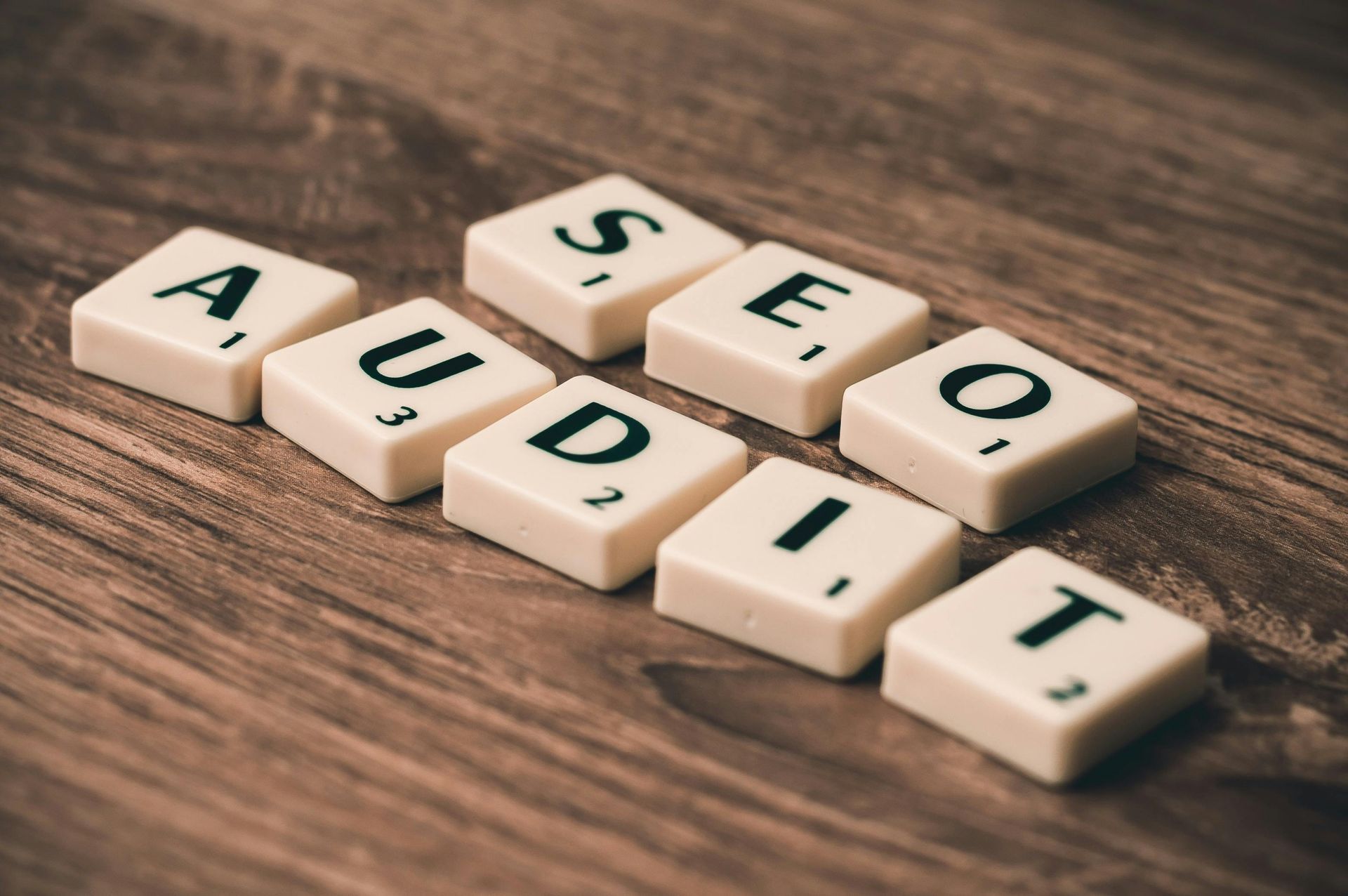Local SEO: Attracting customers in your area.
Heading 1
Local SEO (or search engine optimisation) is a way of allowing your business to rank highly in local search results. It helps you to stand out in your local area and compete with bigger businesses, when local people are searching for products or services like yours. It is a way of ensuring your business is the first choice for people in your area looking for what you have to offer.
It is an essential tool for local businesses. HubSpot reports that 46% of all Google searches are looking for local information. Get local SEO right and your business won’t just be visible in searches, it will be prominent!
Local SEO is especially important for a local bricks and mortar business, like a coffee shop, garage or hairdresser, or for a local company offering a service like a window cleaner or tree surgeon in a specific area.
While general SEO will always be important for businesses, local SEO is different because it targets an audience in a very specific geographical area – the audience which could become your customers!
It offers a very targeted approach to marketing. Rather than competing on a global, national or even regional scale, you are targeting a very specific geographical area – the area where your business is based, and your potential customers live and work. Done well, it will result in more customers coming through your door or placing orders online or by phone and a rise in sales.
How does it work?
Search engines like Google use a local search algorithm. This takes into account a number of key factors which will help determine where a business will rank in local search results.
The key factors are:
- Proximity: how close is the user’s location to the location of the business they are searching for? If a user searches ‘coffee shops near me’, search engines will show coffee shops close to the user’s location at the top of the search results page.
- Popularity: online reputation and visibility of the business, including backlinks and online customer reviews. If a business has positive customer reviews and engages actively on social media, it will boost its popularity and therefore its local SEO rankings.
- Relevance: how well the business matches the user’s search terms, including keywords and business categorisation. By using relevant keywords and accurate information on your website and Google My Business, you can enhance your company’s relevance.
As a business looking to maximise the effectiveness of local SEO, it’s important to meet as many of these criteria as possible.
Google My Business
One of the most important things you can do for local SEO isn’t even on your own website. Optimising your free Google My Business (GMB) profile is essential for local businesses looking to reach a larger audience - especially as it controls your business’s visibility on Google searches and Google Maps.
GMB brings together the ways Google can help your company to stand out in one, easy-to-use location. Your job is to optimise it and make it work as well as possible for your business! Start by claiming and verifying your GMB listing if you haven’t already.
A well put together Google My Business profile can operate as a digital shopfront for your business. It should be interesting and attractive enough for potential customers to want to take a second look.
Your profile should include accurate, up-to-date information, including the business name, address (it’s a good idea to also include a map) and a local phone number (not just a mobile number), as well as opening hours, photos and customer reviews.
Regularly updating and posting on your GMB profile will show Google that your company is active, which is favoured by the search engine. You can add high quality photos to your GMB profile to showcase your products or services and show the exact location of your shop, if you have one. You can also respond to reviews, messages and questions on your listing to show your value customer feedback and help to boost your reputation online.

Local keyword research
When it comes to attracting local customers to your business, you need to pick the right keywords. Brainstorm all the words which would be relevant to both your business and the local area – so not just ‘hairdresser’ or ‘barber’, but also ‘Cheltenham’, ‘Gloucestershire’ and ‘Cotswolds’ or even the name of the local neighbourhood. Are there any local dialect or slang words you could also use as keywords, which would be recognised by very local customers?
If brainstorming and chatting to your team for ideas isn’t enough, there are tools online which can help you come up with the right keywords.
Don’t forget to check which keywords your main local competitors are using, so you can identify their strengths and weaknesses. Can you borrow any of their ideas? Can you differentiate your business and do better than them?
Once you have your keywords, make sure they are dotted strategically throughout your website – in the main content, but also in URLs, captions to photos and meta tags. They will all serve as signposts pointing local customers your way when they are actively searching for businesses like yours in the local area.
Create local content
Creating local content on your website will help local people relate to your brand. Your blog is an effective way to target relevant local keywords. It is also a useful channel to highlight local events and news which matter to the community. This will boost your site’s relevance and help to create connections between your business and local people – increasing the likelihood of turning them from visitors into customers.
Local backlinks
Getting backlinks to your website from well-respected local sites is a big boost to your local SEO. Backlinks can come from a range of sources, including local news sites, other local businesses, local event sites or local listings/ directories. It is important to focus on sites which are relevant to your business. When it comes to backlinks, think quality over quantity!
Sponsoring an event or a grassroots sports team in your area will help you to be seen as an active participant in the community and generate word-of-mouth marketing – as well as potentially coverage in the local media.
Encourage happy customers to share their experiences with your business on sites like Google My Business and Tripadvisor. While these aren’t specifically local sites, the links are valuable for your SEO – especially if you respond to the reviews, whether good or bad. This shows that you care about your customers’ experience, helping to build trust in your business.
Check that all information about your business across external websites is accurate and consistent. Inconsistencies can prove confusing for customers and have a negative impact on your search rankings.
Locality specific landing pages
If your business has more than one location, creating individual landing pages for each geographical area will boost local SEO. These should all have the name, address and phone number of the specific location.
Use the dedicated landing pages for content tailored to the local audience to help boost your chances of ranking highly in local search results.
Local SEO is an essential for any business which wants to stand out from the crowd in the local area. It is about making sure that, when someone is searching for the products or services you provide locally, your business is the first one to pop up. It is also a way of strengthening connections with your local community.
By optimising your Google My Business profile and your own website, focusing on local keywords and backlinks, you are doing all you can to attract customers from your local area and grow your business.
More Posts.






